Should we believe in miracles? After Pope Leo canonised a young Catholic teenager on Sunday, some people argued that the idea of sainthood is out of date.
Gamer becomes first millennial saint
 ‘God’s influencer’: Carlo Acutis helped to spread Roman Catholic teaching online before his death aged 15 in 2006.
‘God’s influencer’: Carlo Acutis helped to spread Roman Catholic teaching online before his death aged 15 in 2006. Glossary
Haemorrhage - Severe blood loss from a damaged blood vessel.
Catholic Church - The word Catholic means "universal". A Christian denomination with over a billion followers worldwide, led by the Pope.
Leukaemia - Cancer of the white blood cells.
Pancreas - An organ that forms part of the digestive system.
Canonised - In the Catholic Church, to officially declare someone a saint.
Middle Ages - The Middle Ages was the period in European history that came between ancient and modern times. It lasted from about 500 to about 1500.
Superstitious - Believing in old ideas about luck and magic, instead of ideas based on human reason or scientific knowledge.
